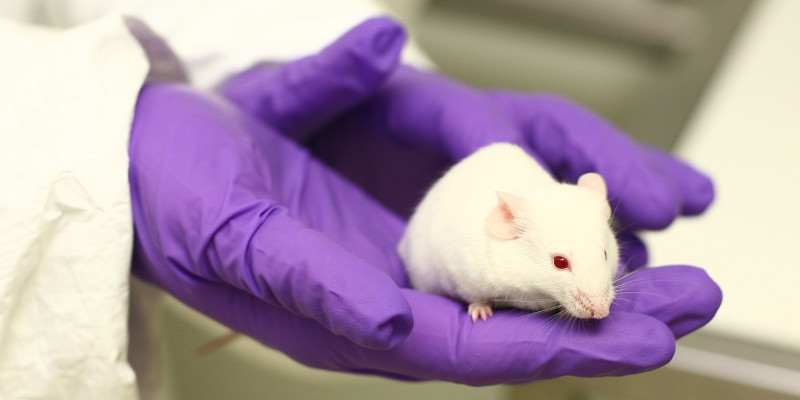From 2007-2017, the University of Leeds used 210,103 animals for experimental research under the Animals (Scientific Procedures) Act 1986. Of this figure, 94.3% were rats and mice, 1.5% were pigs, and the remainder consisted of other animals including bats, birds and sheep. These figures sound alarming, but compared to some other universities in the UK with the highest rates of animal testing (compiled by Cruelty Free International), Leeds does not even come close. For example, in 2017 alone, the University of Oxford used 236,429 animals, and the University of Edinburgh used 225,366. Oxford and Edinburgh experimented on more animals in a single year than Leeds has done in a decade.
Before any research involving animals is undertaken at the University of Leeds, it must first be approved by the Animal Welfare and Ethics Review Committee (AWERC), and the Home Office. In these procedures, the university states that the main reason for using animals in research is to ultimately improve the health and welfare of human beings and animals, and that they only use animals when there are no alternative methods available. For example, Dr. Jurgen Schneider, at the Leeds Institute of Cardiovascular and Metabolic Medicine, is currently using magnetic resonance imaging (MRI) on mouse hearts to develop new methods for tackling human heart disease. Although mouse hearts are not identical to human hearts, they are a close alternative to investigating the cause and progress of various heart diseases, which can be utilised to find treatments in humans. This view holds animal experimentation as a necessary evil for the preservation of humans.
On the other hand, animal rights and anti-vivisection organisations, such as Animal Justice Project (AJP) and their Lifeline campaign, actively oppose all animal experimentation (and consumption) because they believe all species are equal. On their website, they state that giving different values, rights or consideration to individuals solely on the basis of their species, is a similar prejudice to racism and sexism. Thus, AJP believes that there is no moral justification for animal experimentation, and encourages people to expand their circle of moral inclusion to all sentient beings, both human and non-human. AJP’s Lifeline campaign has been protesting at universities throughout the UK, and were scheduled to protest at the University of Leeds last month, however the event was cancelled for unknown reasons.
In response to animal rights activists and evolving ethical procedures, the University of Leeds states that it uses alternatives to animal testing where possible (computer modelling, synthetic tissue samples etc.), and commits to the replacement, reduction and refinement of animals in research. For example, Professor Valerie Speirs at the Leeds Institute of Cancer and Pathology, created SEARCHbreast, which is a breast cancer tissue bank for researchers around the world. It allows scientists to search for other researcher’s unused mouse tissue from previous experiments to use themselves, which reduces the number of new mice being killed.
“We want to foster a culture of collaboration, and by doing this, we’re reducing the number of animals needed for research all round.” – Professor Valerie Speirs.
The ethical arguments for and against the use of animals in research are challenging and complex, and this article has barely scratched the surface of it. Public opinion between these opposites are constantly shifting, with regulations dynamically evolving with it. However, whatever your viewpoint is, this conversation should not be stopped, and the value of these animals should never be taken for granted.
By Leo Kim
image source: leeds.ac.uk

